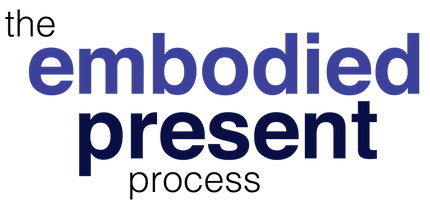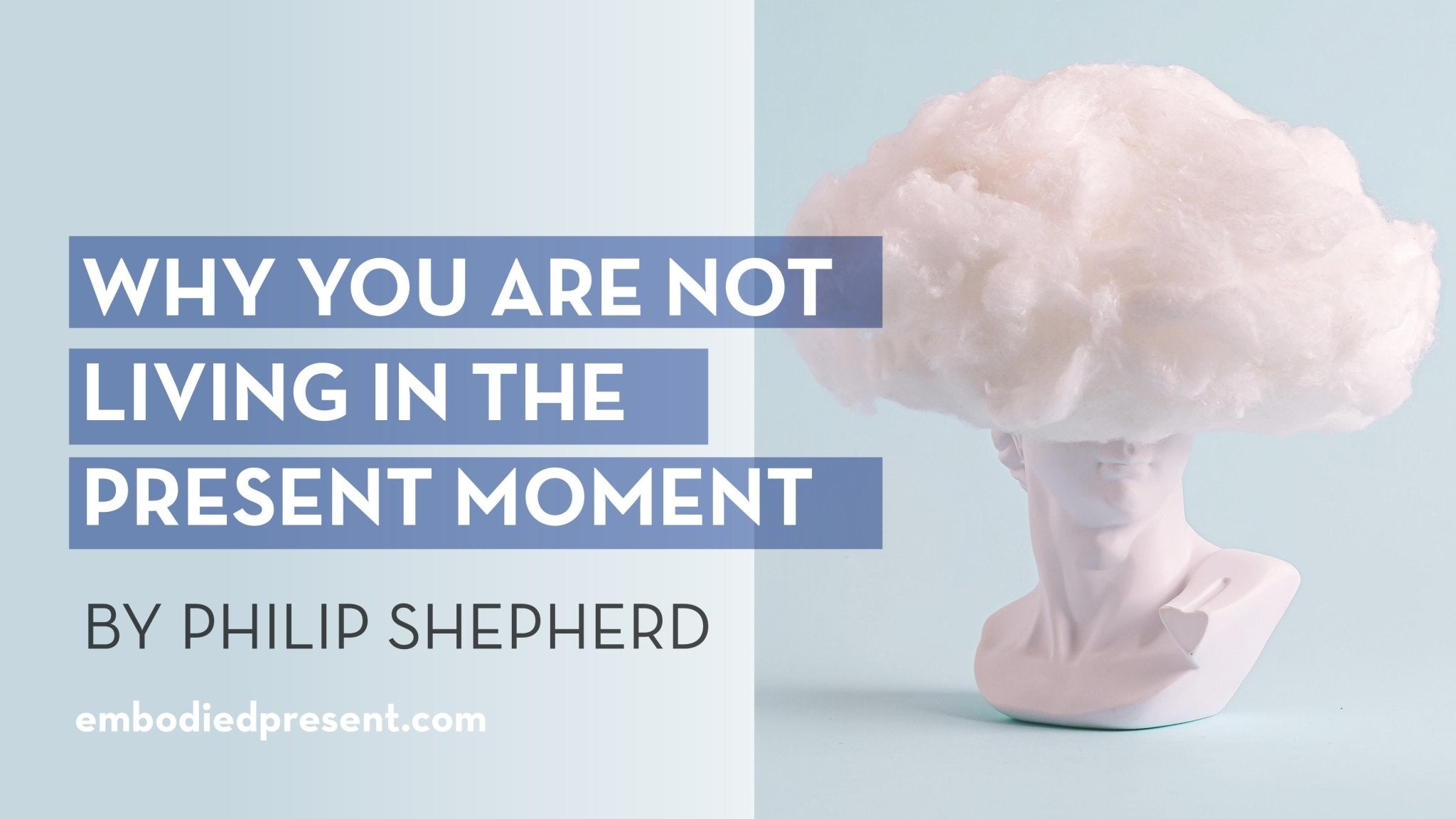The last day of 2015 now belongs to history, and 2016 stretches before us unformed and unknown but already being created. The sense of new beginnings makes this the time of year when we traditionally frame our personal resolutions. Everyone has a desire to live well, and such resolutions express that; but they also betray our conviction that forging a path to wellness is a matter of knowing what you should do and making yourself do it – whether that involves dieting, exercising, spending less time on social media, saving money, or shopping less.
If anecdote is anything to go by, the failure rate of such resolutions is stratospheric. I think there’s a basic, underlying reason for that: willpower is exhausting. It’s a state that divides us against ourselves: one part of us possesses the right knowledge about what should happen; it then pits itself against the other parts of the self and takes charge of them to put its plan into action – or tries to. When one part of us works against another, we wear ourselves down. Eventual failure is the likely outcome. You can see a reliance on willpower as an act of self-conflict or even self-bullying; or you can choose to see it as self-mastery. But if you subscribe to the ‘self-mastery’ point of view, consider this: to master the self is to make it obedient. In archetypal terms there cannot be ‘a master’ without ‘a slave’ to command. By this analogy, to master the self is at the same time to make a slave of the self. I can’t think of a viable exception.
Finding an alternative to this mode of self-conflict is tricky, because our culture is blindly biased towards securing knowledge and answers, and treats questions as temporary annoyances that are justified only when they lead to answers. But there is all the difference between an answer and your truth. An answer is a fixed construct that stands apart from the present; your truth is a living connection to the present. Because it is living, it changes, and can be neither frozen nor boxed in with words. And because it is forged by its connection with the present, your truth lives in the body – the very part of you against which your willpower pits itself.
If our culture valued questions as much as answers, we would have a more intimate relation with personal truth. Your truth is not something you can calculate, or reason your way to, or decide on – it is something you feel. It is often born of bewilderment or passion or a hunger for clarity. In short, it is born of deeply felt questioning, a process radically different from the abstract questions of the intellect. It is born of a question that is felt in your core – a question that is allowed to touch everything that matters most to you. A question that changes as it is felt, and changes you, and has the potential to illuminate your life and bring it into relation with everything around you. A question that awakens you to being here, now, in this present moment, and activates you to engage with the world from that place of wakefulness. And when you are awakened to a truth that is felt through the whole of your being, it will move you forward in wholeness – which is a radical contrast to the exhausting divisions of willpower.
The purpose of a question is not always to come up with an answer. Some of the most fruitful questions will never be answered satisfactorily: What is aliveness? What is love? What does freedom mean? To feel such questions deeply, though, and to be willing to live with the confusion they stir up, is to create the chance of being carried into a sudden clarity and resolution about the vivid wholeness of your life. That, to me, is the best kind of New Year’s resolution. And my hope for everyone for the year to come is that it might be a year guided primarily not by answers, but by the luminous truth that a deeply personal, deeply experienced question can birth within you.






Leave a comment